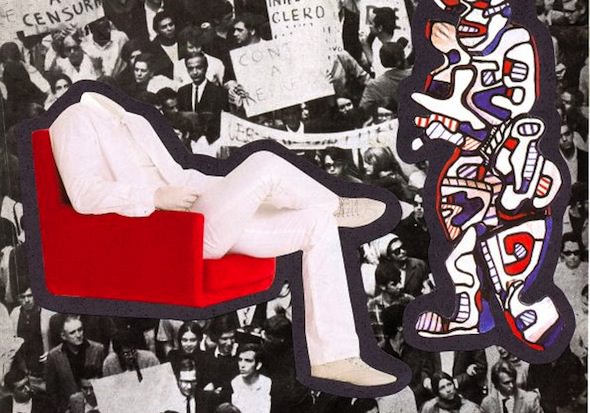The Highest-Paid CEOs Are the Worst Performers
Extensive new research shows that "across the board, the more CEOs get paid, the worse their companies do over the next three years," Forbes contributor Susan Adams writes.
Extensive new research shows that “across the board, the more CEOs get paid, the worse their companies do over the next three years,” Forbes contributor Susan Adams writes. This held whether CEOs were at the top of the pay spectrum or the bottom.
Adams explains:
The conventional wisdom among executive pay consultants, boards of directors and investors is that CEOs make the best decisions for their companies when they have the most skin in the game. That’s why big chunks of the compensation packages for the highest-paid CEOs come in the form of stock and stock options. Case in point: The world’s top-earning CEO, Oracle billionaire Larry Ellison, took in $77 million worth of stock-based compensation last year, according to The New York Times, after refusing his performance bonus and accepting only $1 in salary (he made a stunning total of $96 million in 2012). But does all that stock motivate Ellison to make the best calls for his company?
The empirical evidence before fell on both sides of that question, but those studies used small sample sizes. Now Cooper and two professors, one at Purdue and the other at the University of Cambridge, have studied a large data set of the 1,500 companies with the biggest market caps, supplied by a firm called Execucomp. They also looked at pay and company performance in three-year periods over a relatively long time span, from 1994-2013, and compared what are known as firms’ “abnormal” performance, meaning a company’s revenues and profits as compared with like companies in their fields. They were startled to find that the more CEOs got paid, the worse their companies did.
Another counter-intuitive conclusion: The negative effect was most pronounced in the 150 firms with the highest-paid CEOs. The finding is especially surprising given the widespread notion that it’s worth it to pay a premium to superstar CEOs like Jamie Dimon of JPMorgan Chase (who earned $20 million in 2013) or Lloyd Blankfein ($28 million) of Goldman Sachs. (The study doesn’t reveal individual results for them.) Though Cooper concedes that there could be exceptions at specific companies (the study didn’t measure individual firms), the study shows that as a group, the companies run by the CEOS who were paid at the top 10% of the scale, had the worst performance. How much worse? The firms returned 10% less to their shareholders than did their industry peers. The study also clearly shows that at the high end, the more CEOs were paid, the worse their companies did; it looked at the very top, the 5% of CEOs who were the highest paid, and found that their companies did 15% worse, on average, than their peers.
To read Adams’ interpretation of how this could be, click here.
— Posted by Alexander Reed Kelly.
Your support is crucial…With an uncertain future and a new administration casting doubt on press freedoms, the danger is clear: The truth is at risk.
Now is the time to give. Your tax-deductible support allows us to dig deeper, delivering fearless investigative reporting and analysis that exposes what’s really happening — without compromise.
Stand with our courageous journalists. Donate today to protect a free press, uphold democracy and unearth untold stories.









You need to be a supporter to comment.
There are currently no responses to this article.
Be the first to respond.